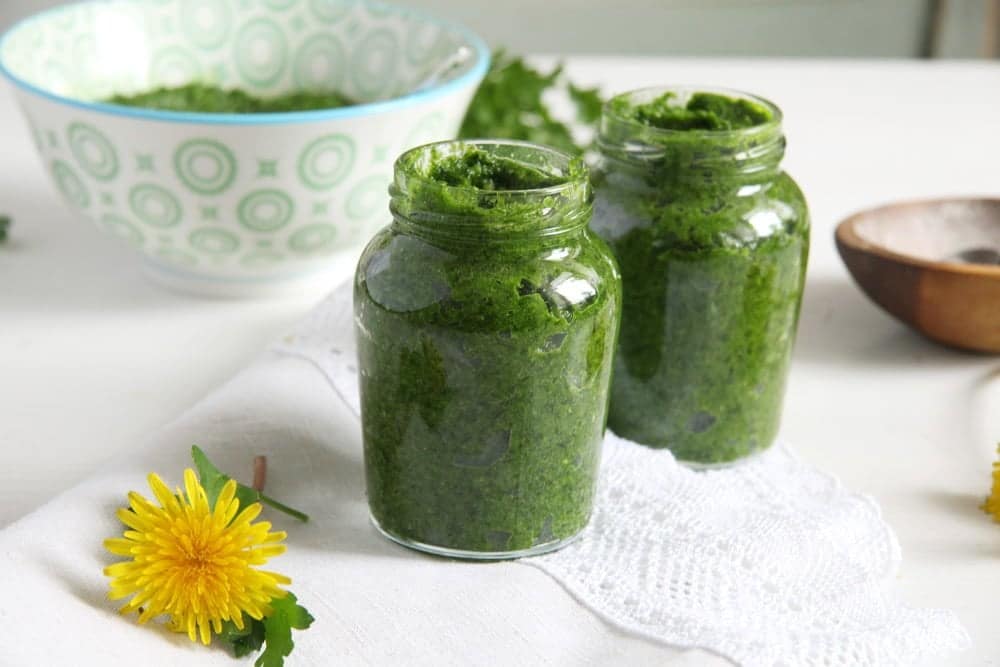Fresh herbs are aromatics used to flavor or garnish food. There are two types of fresh culinary herbs found at farmers’ markets and in the produce aisle at the grocery store: tender herbs, also known as soft herbs, and hard herbs. Tender herbs have soft stems and soft leaves; they include cilantro, tarragon, parsley, dill, mint, and basil.
Hard herbs have hard, woody stems and stiffer leaves. Popular hard herbs include rosemary, oregano, thyme, bay leaves, and sage.
Herbs add flavour to foods but fresh herbs don’t stay fresh for long. Excess moisture and oxygen can cause fresh herbs to wilt and brown in a matter of days. If properly stored, fresh herbs can last two to three weeks in the refrigerator and months in the freezer. Dried herbs, on the other hand, can last for years in the pantry. Here are 4 ways to store fresh herbs at home.
Refrigerate
Wash fresh herbs in cool water and dry them to eliminate any excess dirt and bacteria that will cause quick spoilage. Blot the herbs dry with a paper towel or dry them using a salad spinner.
Store tender herbs by placing them upright in a jar of water (as you would a bouquet of flowers) and covering them loosely with a plastic bag. Roll hard herbs in a moist paper towel before refrigerating.
Dry
Pick the leaves off the herbs and arrange them on a paper towel-covered plate. Cover the herbs with another paper towel and then microwave them.
Grind the herbs into a powder using a mortar and pestle, and store them in an airtight container. Dry herbs aren’t as flavorful as fresh herbs and are more suitable for dishes that require braising, such as a stew.
Freeze
Chop the herbs into smaller sizes and place them in ice cube trays. Drizzle olive oil on top and freeze the herbs. Use frozen herbs for sauces, soups, or stews.
Paste
Separate the leaves of the herbs from the stems. Place the herbs into a food processor and pulse until the herbs are chopped fine.
Continue to process the herbs as you add a drizzle of olive oil until the texture is a smooth paste. Once your pasta has reached the desired consistency, you can store it in the refrigerator for up to two weeks or freeze it in ice cube trays for later use in chicken and fish recipes.

